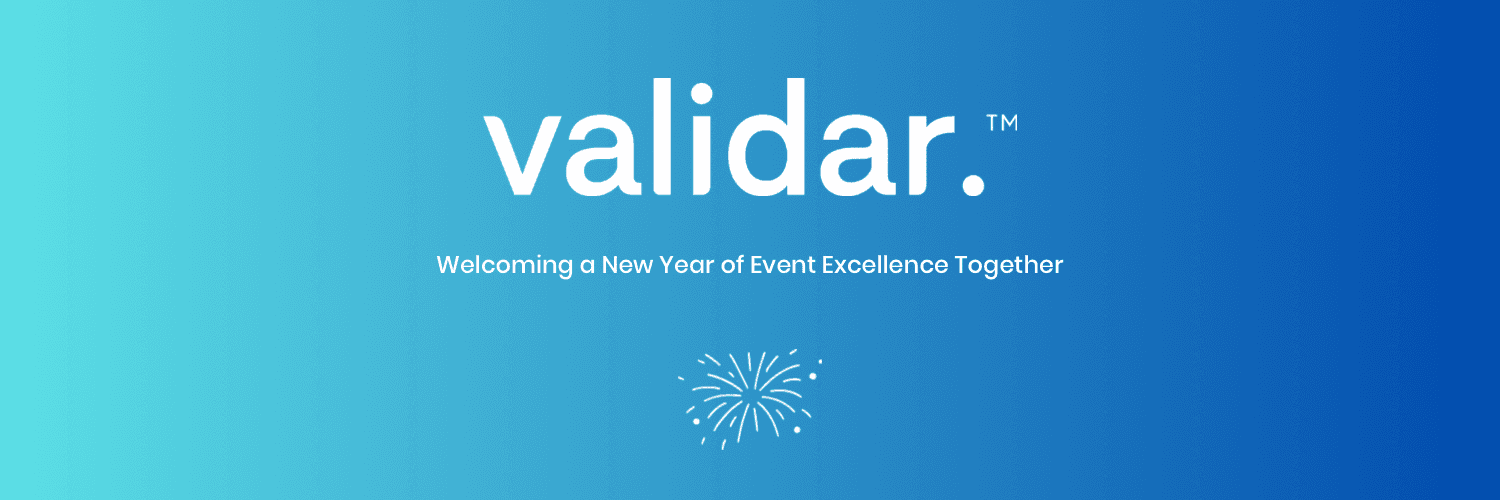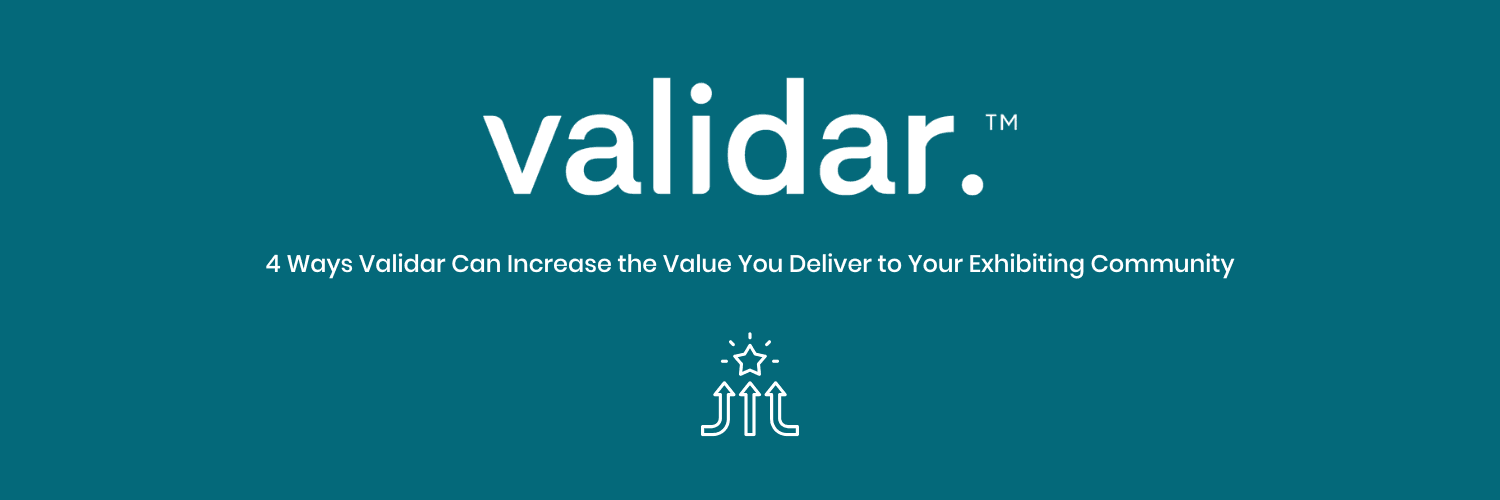In The Fast-Paced And Demanding World Of Today’s Professional Landscape, Finding A Balance Between Work And Personal Life Can Be Challenging. The Constant Juggle Between Meetings, Deadlines, And Personal Responsibilities Often Leads To Heightened Stress Levels. Fortunately, There Are Practical Strategies To Ease Worklife Stress And Foster A More Harmonious Balance. Here Are Six Tips To Help You Navigate The Complexities Of Your Worklife While Maintaining Your Well-Being.
1. Prioritize And Organize:
Start By Identifying Your Most Critical Tasks And Prioritize Them. Break Down Larger Projects Into Smaller, More Manageable Tasks, And Use Tools Like To-Do Lists Or Project Management Apps To Stay Organized. By Having A Clear Understanding Of Your Priorities, You Can Approach Your Workload More Efficiently And Reduce The Stress Associated With Feeling Overwhelmed.
2. Establish Healthy Boundaries:
Setting Boundaries Is Crucial For Maintaining A Healthy Work-Life Balance. Clearly Define Your Working Hours And Communicate Them To Your Colleagues. Avoid The Temptation To Constantly Check Emails Or Take Work Calls During Your Personal Time. By Establishing Boundaries, You Create A Clear Separation Between Work And Personal Life, Allowing You To Recharge And Better Handle Workplace Challenges.
3. Take Regular Breaks:
It May Seem Counterintuitive, But Taking Breaks Can Significantly Improve Productivity And Reduce Stress. Schedule Short Breaks Throughout Your Workday To Stretch, Take A Walk, Or Engage In A Quick Mindfulness Exercise. Stepping Away From Your Desk Allows You To Refresh Your Mind And Return To Tasks With Increased Focus And Energy.
4. Delegate And Collaborate:
Recognize That You Don’t Have To Carry The Entire Workload On Your Shoulders. Delegate Tasks When Possible And Collaborate With Colleagues To Share Responsibilities. Effective Teamwork Not Only Lightens The Load But Also Fosters A Positive Work Environment. Delegating Tasks Allows You To Focus On Your Strengths And Contributes To A More Balanced And Fulfilling Work Experience.
5. Practice Mindfulness And Stress Reduction Techniques:
Incorporate Mindfulness And Stress Reduction Techniques Into Your Daily Routine. Whether It’s Through Meditation, Deep Breathing Exercises, Or Yoga, Taking Time For Mindfulness Can Help You Stay Centered And Resilient In The Face Of Workplace Challenges. These Practices Can Be Powerful Tools For Managing Stress And Promoting A More Balanced Perspective.
6. Invest In Professional Development:
Enhance Your Skills And Knowledge To Boost Your Confidence And Reduce Work-Related Stress. Investing In Professional Development Not Only Improves Your Job Performance But Also Opens Up New Opportunities For Career Growth. Attend Workshops, Take Online Courses, Or Seek Mentorship To Continually Develop Your Skills And Stay Ahead In Your Field.
Achieving A Healthy Work-Life Balance Is An Ongoing Process That Requires Intention And Commitment. By Prioritizing And Organizing Your Workload, Establishing Healthy Boundaries, Taking Regular Breaks, Delegating Tasks, Practicing Mindfulness, And Investing In Professional Development, You Can Ease Worklife Stress And Create A More Sustainable And Fulfilling Career. Remember, Finding The Right Balance Is Not Only Beneficial For Your Well-Being But Also Enhances Your Overall Effectiveness As A Professional.



.png&w=3840&q=75)


